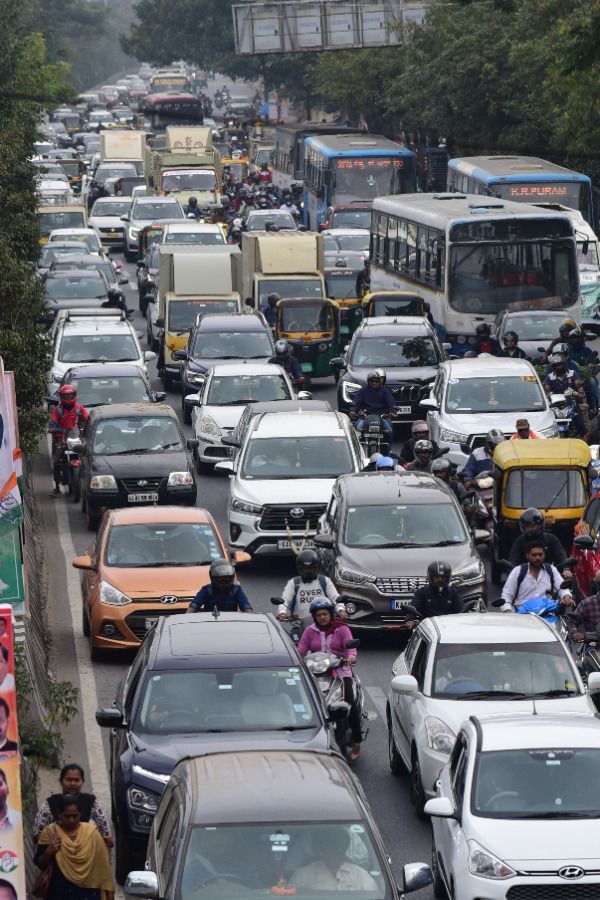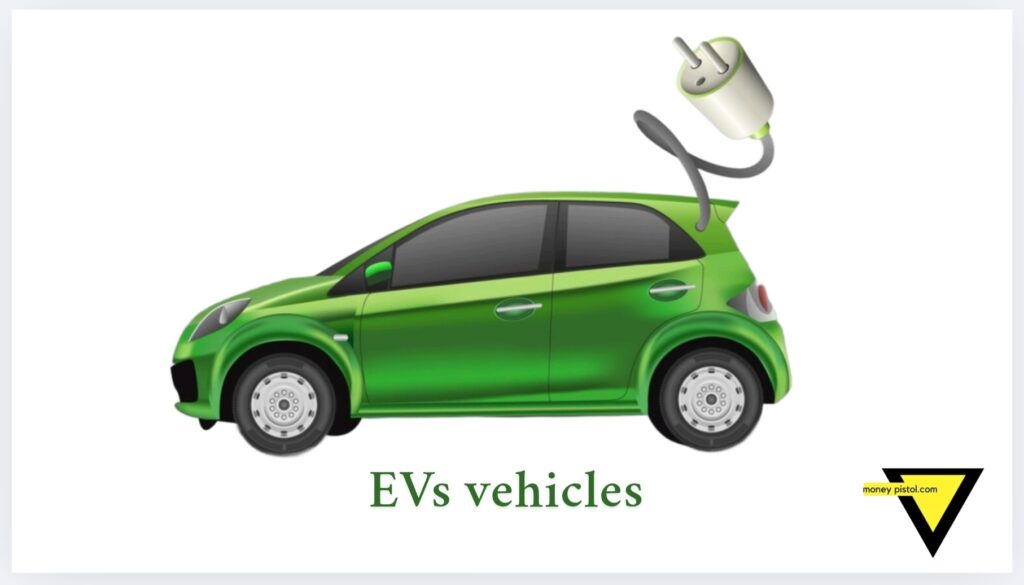A major South Korean automaker has shown a strong interest in establishing EV production facilities in India, which is a big step forward for the EV sector in that nation. The action highlights the strategic realignment of multinational automakers towards cleaner and more sustainable transportation options, in addition to signaling India’s increasing significance in the global EV ecosystem.autojournalism.com
South Korean Automakers and Their Global Influence
Some of the South Korean automakers in the world, such as Hyundai Motor Company and Kia Corporation, are based in South Korea. These businesses are renowned for their creativity, design, and capacity to produce high-quality automobiles that satisfy the demands of international markets. Both Hyundai and Kia have made significant investments in electric car technology in recent years, introducing vehicles like the Kia EV6 and the Hyundai Ioniq series. Their foray into the Indian EV market is therefore both purposeful and well-timed.
India represents a huge and largely untapped market for electric vehicles. With a growing middle class, rising environmental awareness and strong government support for EV adoption, the country is becoming a hotspot for EV investments. In this context, a South Korean major’s interest in setting up manufacturing operations in India aligns well with both economic and environmental priorities.
Why India?

India is one of the most lucrative economies of the global markets seeking EV manufacturing.
Huge market potential: India is the third-largest automobile market in the world. With a population of over 1.4 billion people and rapid urbanisation, the demand for efficient and eco-friendly transport is growing.
Government incentives: The Indian government has launched several schemes to promote EV manufacturing and adoption, including the Faster Adoption and Manufacturing of (Hybrid &) Electric Vehicles (FAME) scheme and the Production Linked Incentive (PLI) schemes. These policies reduce entry barriers and improve the economic viability of EV production.
Skilled workforce: India has a vast pool of engineers and skilled workers, especially in automotive hubs like Pune, Chennai and Bengaluru. This talent base is attractive for companies looking to set up technologically advanced manufacturing units.
Export potential: By manufacturing EVs in India, Korean firms can not only meet domestic demand but also use India as an export hub for neighbouring countries in South Asia, Africa, and even the Middle East.
Strategic Timing

The timing of this interest couldn’t be more strategic. India’s EV industry is still in its early stages, but it is expected to grow rapidly over the next decade. As of 2025, EV penetration remains low – less than 5% of total vehicle sales – but forecasts suggest this number could rise to 30% by 2030. Entering the market at this juncture gives the South Korean major a chance to gain early market share and shape consumer preferences.
Moreover, with growing global pressure to reduce carbon emissions and transition to sustainable energy, both India and South Korea are keen to develop green technology. Bilateral cooperation in this area can strengthen economic ties and mutual commitment to climate goals.
Possible Models and Local Collaboration
The Korean company is likely to introduce a range of electric vehicles designed for the Indian market. These could include affordable compact EVs, electric scooters and mid-range SUVs – these are segments that are popular among Indian consumers. In addition, the company may explore the possibility of partnerships or joint ventures with Indian firms for local sourcing of components such as batteries, electric motors and software systems. This will not only reduce costs but also support the Indian government’s “Make in India” initiative. There is also a possibility of setting up battery manufacturing or assembly units, which are crucial to reduce dependence on imports and ensure long-term sustainability of EV operations.
Challenges to Navigate
While the opportunities are immense, the Korean automaker will also face some challenges:
Infrastructure: India still lacks robust EV charging infrastructure, especially in smaller towns and rural areas. Companies may need to invest in setting up charging stations to support their vehicle sales.
Supply Chain: The global EV industry is facing supply chain issues, especially around semiconductors and battery raw materials such as lithium and cobalt. Establishing a resilient local supply chain will be essential.
Consumer Awareness: While urban consumers are becoming more open to EVs, there is still a significant gap in awareness and confidence around EV performance, maintenance, and long-term costs.
Looking Ahead
The fact that a major South Korean automaker is interested in producing electric vehicles in India is a clear indication of the nation’s economic potential and commitment to sustainable mobility. Additionally, it communicates to other international companies that India is prepared to become a significant center for EV production and research.
Industry watchers will be keeping a close eye on the Korean company as it moves on with feasibility studies, government negotiations, and factory site selection. This action may mark the beginning of a new age for India’s automobile sector, one characterized by technological advancement, international collaborations, and electric mobility.
In summary, the Korean major’s intention to produce EVs in India is a strategic shift that has the potential to completely alter the electric mobility market in the area, not just a business choice. If properly implemented, it will strengthen the company’s position as a global leader in EVs and hasten India’s transition to clean transportation.
for more such info stay connected with moneypistol.com


